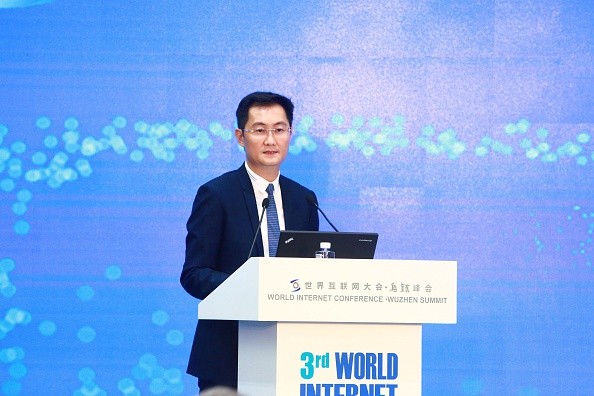Robin Li, the head of Baidu, one of the largest Web services company in China, said in a conference that he hopes talented workers who are not welcome in the U.S. anymore will migrate to China to help the country play a more important role on the global innovation stage. This is related to Donald Trump's immigration policy and campaign to crack down skilled workers with H1-B visas & permits.
Adam Minter, a Bloomberg View columnist, said that Li shouldn't get his hopes up, as China won't be luring foreign tech talent anytime soon.
He also said that the country's struggles hold a lesson for every other country hoping to become the Silicon Valley of the future.
For years, the Chinese government has offered talented tech workers lucrative incentives if they decided to come to work in their universities and companies. China's online population is currently the world's largest, with a booming e-commerce market and increasing private/public research budgets.
The biggest problem in China is its "Great Wall," the government's control of the Internet. If you are a software developer, this is very inconvenient, as you will not be able to access software libraries, development tools, and YouTube during your coffee breaks.
Worst is that you will not be able to access Github, which is the open-source depository and collaboration tool that millions of developers use around the world.
You can bypass this wall by using a Virtual Private Network, but it will result in slow uploads and downloads, which in turn wastes time and will make it hard to collaborate with others. It also poses security risks.
Workers in the academe will suffer, too, as Google Scholar, a tool that indexes online peer-reviewed studies, books, conference proceedings and other research material, is blocked.
Chinese scientists are unable to keep up with the latest research that other countries are publishing, and they are hoping that the government can loosen supervision for academic purposes.
China also made clear that foreign tech companies hoping to do business in their country will need to make concessions. It seems it will remain really hard for lure tech experts to work in China.



























